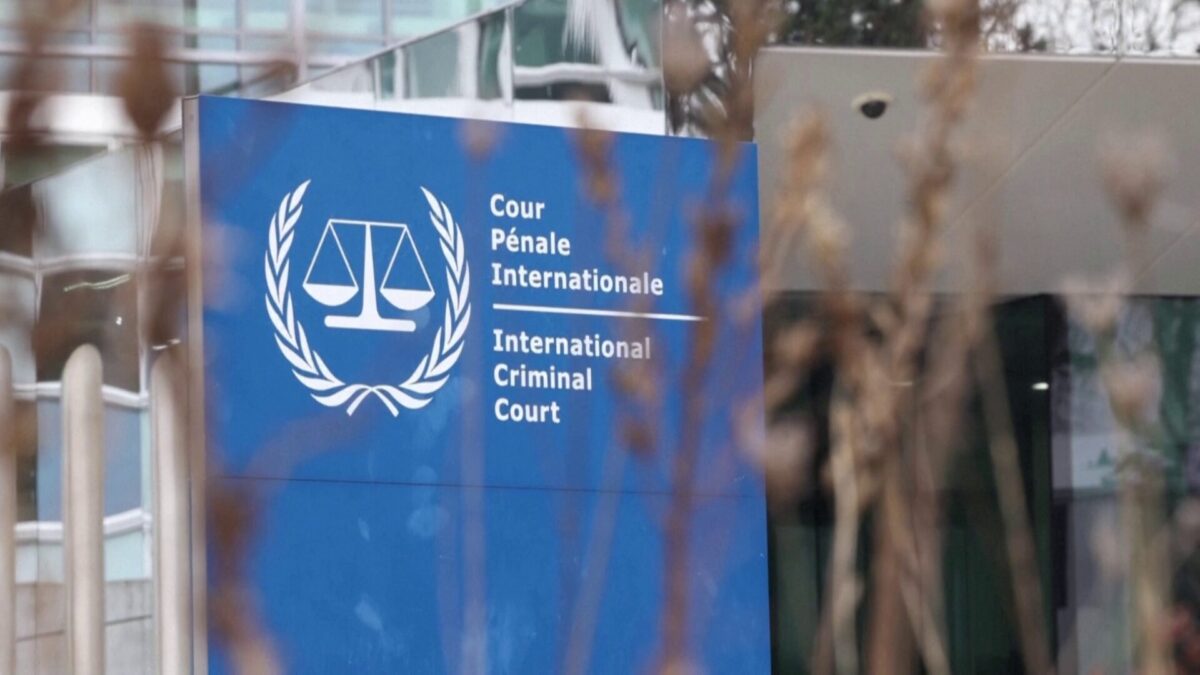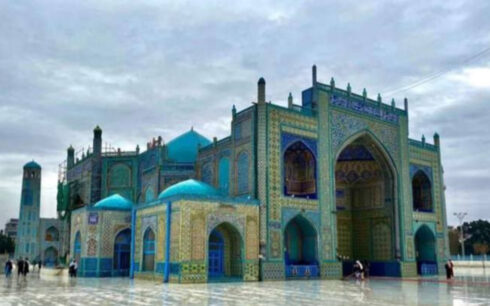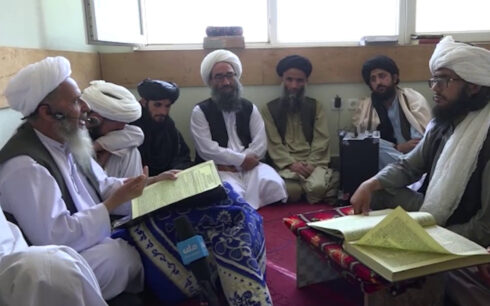LONDON — Amnesty International has called the International Criminal Court’s (ICC) request for arrest warrants against Taliban Supreme Leader Hibatullah Akhundzada and Chief Justice Abdul Hakim Haqqani a critical milestone in advancing justice for Afghan women, girls, and marginalized communities.
Responding to the ICC Prosecutor’s filing, which accuses the Taliban leaders of crimes against humanity for gender persecution, Agnès Callamard, Amnesty International’s Secretary General, said the announcement “is an important development that gives hope, both inside and outside Afghanistan, to Afghan women, girls, and others persecuted based on gender identity or expression, such as members of the LGBTQI community”.
“This is a crucial step toward holding accountable those responsible for systematically denying fundamental rights, including access to education, free movement, expression, and physical autonomy,” she added.
Amnesty also urged the international community to recognize gender apartheid as a crime under international law to bolster efforts against institutionalized systems of oppression based on gender.
Ms. Callamard stressed that the ICC Prosecutor must expand investigations into Afghanistan to include other serious violations of international law, such as extrajudicial killings, torture, arbitrary detention, enforced disappearances, and the systematic targeting of ethnic and religious minorities, particularly the Hazara community.
Additionally, she called for the ICC to reconsider its 2021 decision to deprioritize investigations into alleged war crimes by U.S. and allied forces, warning that such decisions risk creating a perception of selective justice favoring powerful nations over victims’ rights.
The ICC Prosecutor, Karim Khan, announced the applications for arrest warrants on January 23, which will now be reviewed by the Pre-Trial Chamber to determine if there are reasonable grounds to proceed. The Prosecutor noted that investigations into other alleged crimes and individuals remain ongoing.
The ICC investigation into Afghanistan, first launched in 2007, resumed in 2022 after the Court concluded that domestic avenues for justice were nonexistent under the Taliban. Since returning to power in 2021, the Taliban have dismantled Afghanistan’s constitution and judicial systems, further eroding access to justice.
Amnesty International’s 2023 report, The Taliban’s War on Women, detailed the systematic gender persecution of women and girls in Afghanistan. The organization also published Death in Slow Motion: Women and Girls Under Taliban Rule in 2022, documenting widespread abuses, including torture, enforced disappearances, and discriminatory restrictions on women’s rights.
Amnesty emphasized that the Taliban’s policies institutionalize discrimination against women, affecting every aspect of their lives, and called for urgent global action to ensure accountability and protect human rights in Afghanistan.





